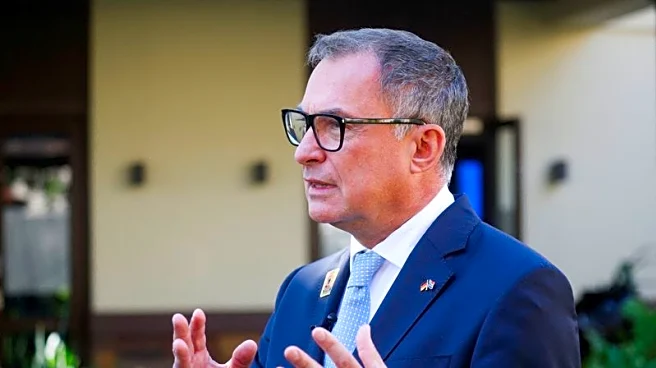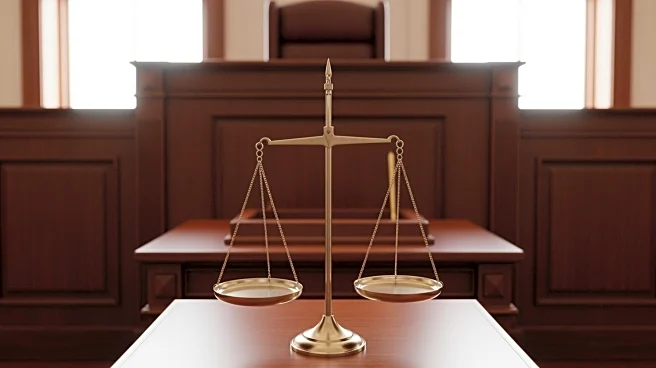What's Happening?
A federal judge has ordered the Defense Counterintelligence and Security Agency (DCSA) to release certain Privacy Act-protected details regarding Elon Musk's security clearances. This decision follows a request by The New York Times for the agency to disclose these details, citing Musk's own public disclosures about drug use and foreign contacts. The court found that Musk's public admissions erode the privacy interest claimed by DCSA, allowing for the disclosure of whether conditions or waivers exist on his security clearance. However, the court left room for DCSA to make narrow redactions if any particular condition or waiver implicates Musk's more sensitive privacy interests.
Why It's Important?
This ruling is significant as it challenges the traditional privacy protections surrounding security clearances, especially for public figures. It underscores the balance between individual privacy and public interest in disclosure, particularly when the individual has publicly discussed topics that may affect their clearance status. The decision could set a precedent for future cases involving public figures and security clearance accountability, potentially influencing how aggressively agencies assert privacy interests. It highlights the risks for current clearance holders who may disclose information online that could be considered clearance red flags.
What's Next?
DCSA has been given a deadline to propose redactions to the court. The outcome of this case could influence future legal standards regarding the disclosure of security clearance details for public figures. If upheld, the decision might be invoked in future cases involving executive branch accountability and public interest in disclosure. The ruling could also affect how security clearance holders manage their public disclosures, knowing that such information might impact their privacy rights.
Beyond the Headlines
The ruling raises broader questions about the intersection of privacy law and national security, particularly in the context of public figures. It challenges the notion of privacy in the digital age, where public disclosures can significantly impact legal protections. The case also highlights the government's need to balance protecting classified information with leveraging innovation from influential figures like Musk.










